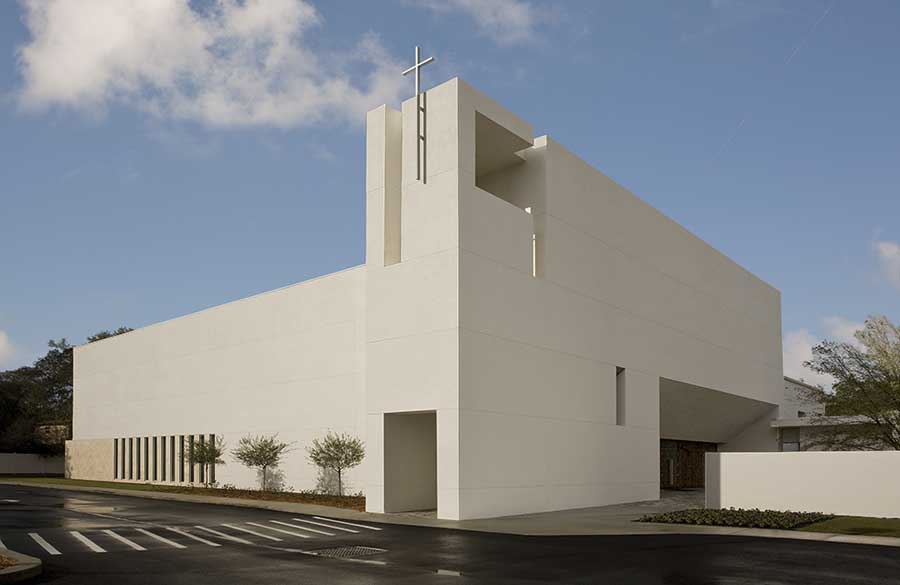 I think it’s healthy and valuable to do a broad, sweeping overview of your life from time to time.
I’ve started doing that with church/Christianity lately.
I think it’s healthy and valuable to do a broad, sweeping overview of your life from time to time.
I’ve started doing that with church/Christianity lately.
What we’re doing doesn’t seem to be working well. I look at all the crime and poverty and famine and war and violence and oppression and selfishness in this world and I wonder why it seems that the Kingdom of God is shrinking rather than expanding.
And why the church seems to be an impotent force in the world at large.
Why do we gather in a “church” building for a few hours on Sunday?
Why do we have “worship leaders”? I never see Jesus including music in his ministry. So why do we feel it’s a requirement?
I’m not saying there should be no music in church. I’m just wondering why we say “okay, church will be 2 hours and the first hour is music”, or something like that in almost every church. It’s like we came up with a template and decided to copy/paste everywhere.
And why do we call that music time ‘worship’ and the music leaders ‘worship leaders’? I love singing to God, and I have been a music leader at various churches for over a decade, but worship? To me, worship is living a life that is devoted to God just as much Monday through Saturday as it is on Sunday. Singing psalms, hymns and spiritual songs to God (Ephesians 5:19) are one part of living a life of worship to God, but without the full life commitment, they’re just nice songs.
Why do we appoint (and often pay) somebody to study the bible and pray, then tell us what we should believe from a pulpit?
What’s our goal? What’s our point?
Is Christianity like the Microsoft of the spiritual world? A good, solid choice that will work for most people and doesn’t need to really do a lot of expanding because it’s pretty popular already?
I’m serious. What is this thing we’re doing???
Church shouldn’t be like groundhog day. Doing the same thing over and over and over. Shouldn’t there be some progression and innovation? What are we doing wrong?
We need challenges, a vision, goals. At least I know I do.
I learned this about myself a while back. I decided that I needed to get in shape, so I started running and doing situps and pushups. It was great for a few weeks, then I slacked off.
A few months went by and I decided to get serious again, so for several weeks I ran and did pushups and situps. Then, it faded.
I finally realized that I needed a goal. So I signed up for a race called the Warrior Dash. I knew that 9 months from that time, I was going to have to complete an event that I wasn’t ready for. I knew that if I didn’t exercise and get in shape, I would embarrass myself in front of my friends on October 21st, 2010. So I spent the next 9 months getting in the best shape of my life. By the time the race happened, I was vastly over prepared for it.
Until I had a goal, a set reason to exercise, I couldn’t motivate myself. I feel like a lot of churches are like this. They don’t have a goal other than some murky ‘We’re going to get 250 people saved in 2012’ type goal.
Is that God’s goal for us? A numbers quota? That we recruit enough people into our club so that the shareholders are satisfied?
What are we trying to accomplish? Why can’t the 1 or 2 billion people who claim to be followers of Christ come up with some kind of unified purpose? I mean, come on! If every Christian committed to some particular plan, is there anything we couldn’t accomplish? If Christianity said: “nobody is going to starve to death from now on”, and we put our money and energy behind it, don’t you think we could make it happen? Or getting clean water to everyone? Or clothing the naked? Or caring for the sick? Or taking in the outcasts?
Instead, we have our little cliques, and most of our time is spent infighting.
I don’t have some great solution. I understand that getting people to give their time, energy, money, etc is tough. I understand that getting people to work together is harder when you start getting bigger groups, probably darn near impossible.
But I also think the way we’re doing church, for the most part, doesn’t seem to be working. Yet that seems to be where we put most of our focus.
We keep the system going because it’s easy. Maintain the status quo and almost everybody is happy.
Rather than saying “I don’t like the way we do church, so I’m going to start my own church and ‘do it right’”, I’m starting to wonder how I can start to undo church. To break down walls rather than put up new ones. I want to break free from the system, because I don’t think it can be fixed. I don’t think God exists in a ‘system’. At least not one I can come up with.


















